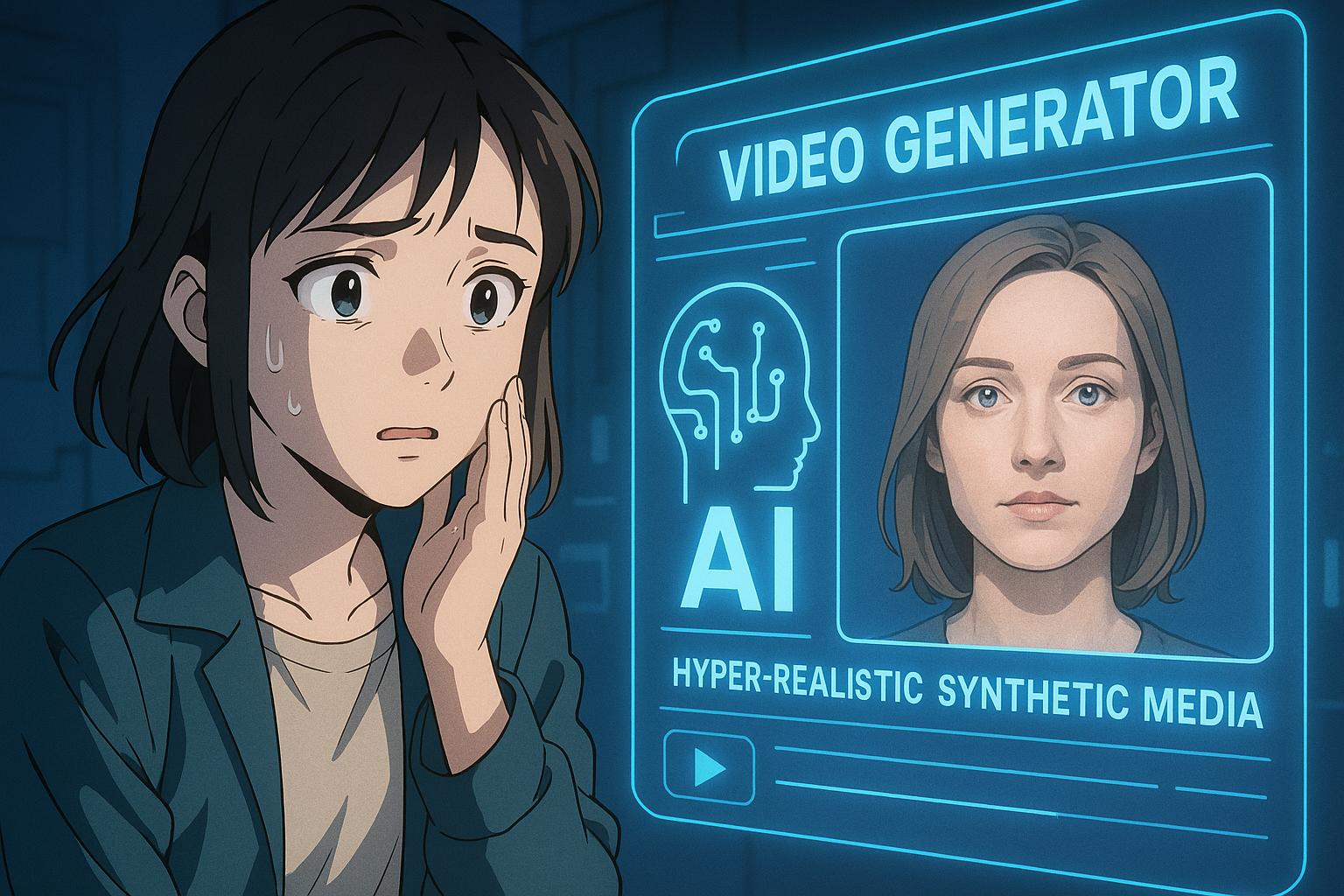I've spent the last few days watching AI-generated videos that would fool even the most discerning viewers, and I find myself genuinely unnerved. This isn't about a dystopian future dominated by robots but rather a sobering reality: every aspiring manipulator now has access to tools that were once the exclusive domain of Hollywood studios.
Google's latest innovation, Veo 3, takes video generation to unprecedented heights. This AI engine can produce lifelike videos complete with perfectly synchronised dialogue, nuanced soundtracks, and realistic physics—all from mere text prompts. The sheer volume of stunning clips appearing on social media is overwhelming. From a stand-up comedian delivering punchlines to high-energy interviews at car shows, and even an educational segment featuring a professor teaching Gen-Z slang to Baby Boomers, the quality is so polished that it prompts multiple checks to confirm their authenticity.
However, these are not genuine performances but digital creations fashioned by complex algorithms. The implications of such technology are staggering, especially considering that society as a whole appears unprepared for the consequences. The foundation of truth, previously reinforced by the adage "seeing is believing," is rapidly crumbling. While special effects in movies once required robust budgets and a cadre of skilled professionals, now a teenager with a Google account can generate content that would have once demanded a studio's resources for a fraction of the cost.
The ability to create gripping fake videos raises imminent concerns. One might easily imagine a fabricated news report depicting a crisis that could incite real-world panic and action, particularly among those already inflamed by prevailing social conflicts. The speed at which misinformation spreads online underscores the urgency of these concerns. Research has shown that fabricated video content can rapidly go viral, often outpacing fact-checking efforts by an alarming margin. As a result, we find ourselves facing an era where falsehoods circulate before factual clarifications can take root.
Within the creative industries, reactions to Veo 3's launch are mixed. While some claim it opens new avenues for creative expression, a palpable undercurrent of anxiety is spreading among professionals. Video editors and cinematographers express legitimate fears about their livelihoods in a landscape where quality footage can be generated effortlessly by anyone with basic digital literacy. The irony lies in AI's capacity to replicate visual artistry while starkly lacking the human experiences that imbue art with depth and meaning.
As we navigate this technological revolution, one harrowing truth emerges: we are woefully unprepared. With ongoing debates about the role of social media in disseminating misinformation, the explosion of synthetic media poses a challenge that outstrips current frameworks for response. The legal and educational systems are ill-equipped to handle the deluge of misinformation propagated by deepfakes and AI-generated narratives. Moreover, the rapid pace of technological advancement far exceeds our collective ability to understand and respond to these changes effectively. By the time we develop detection strategies for Veo 3-produced videos, newer, more sophisticated versions will have already emerged.
Moving forward, it's not merely about curbing the technology—doing so would be futile. Instead, society must engage in robust discussions about living in a world where reality can be faked. Implementing watermarking standards, developing advanced detection tools, and rethinking information consumption practices are essential steps in this landscape of impending chaos.
We must also confront a fundamental shift in our internet usage: the casual sharing of unverified videos must become a relic of the past. Authenticating each clip, rigorously checking sources, and verifying claims will be the new normal—an exhausting yet necessary endeavor in an age dominated by synthetic media.
The reality is here, rather than approaching us in the distant future; the proverbial genie is out of the bottle. The pertinent question now is not whether this technology will alter our lives but rather whether we will be prepared for those changes. Based on what I've observed, my optimism is fading. However, perhaps this uncertainty serves as the vital impetus for our awakening.
📌 Reference Map:
- Paragraph 1 – [1], [2]
- Paragraph 2 – [1], [3], [6]
- Paragraph 3 – [2], [4]
- Paragraph 4 – [5], [7]
- Paragraph 5 – [1], [4]
- Paragraph 6 – [1], [6]
Source: Noah Wire Services
